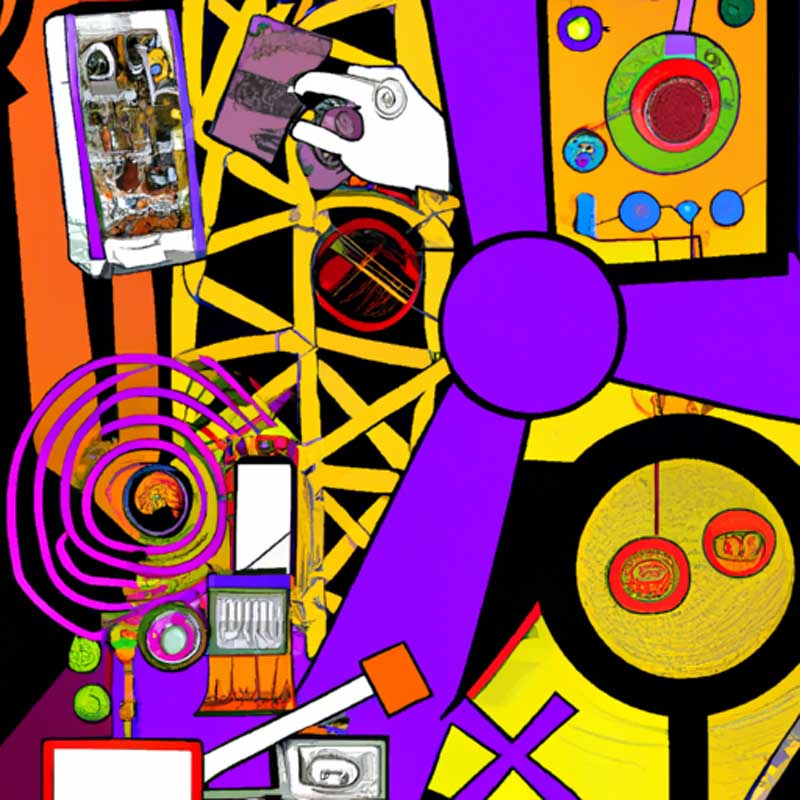Several Pulitzer Prize-winning authors have joined a class-action lawsuit against Microsoft and OpenAI, alleging that the tech companies used their copyrighted work to train artificial intelligence (AI) models without permission. The lawsuit, which was originally filed by author Julian Sancton in late November, now features Kai Bird, Taylor Branch, Stacy Schiff, and eight other nonfiction writers as plaintiffs.
The group of nonfiction writers claims that OpenAI and Microsoft violated copyright laws by using their work to train their GPT models without permission. The lawsuit accuses the companies of “rampant theft of copyrighted works” and of pretending that copyright laws do not exist.
This lawsuit is the latest in a series of cases that accuse major tech companies of copyright infringement over the use of massive datasets to train AI models. In September, a group of novelists, including Jodi Picoult and George R.R. Martin, sued OpenAI, and another group of authors sued Meta, the parent company of Facebook and Instagram, for using their work to train its AI models.
The involvement of Pulitzer Prize-winning authors in this lawsuit highlights the importance of protecting intellectual property rights in the age of AI. It raises questions about the ethical and legal implications of using copyrighted material without permission and the responsibility of tech companies to compensate creators for their work.
The outcome of this lawsuit could have far-reaching implications for the future development and use of AI technology. It could set a precedent for how tech companies are allowed to use copyrighted material and could shape the relationship between AI and creative industries.
In conclusion, the participation of Pulitzer Prize-winning authors in this copyright infringement lawsuit sends a strong message about the importance of protecting intellectual property rights in the age of AI. It raises important questions about the ethical and legal implications of using copyrighted material without permission and highlights the need for transparency and fair compensation in the development and use of AI technology.
